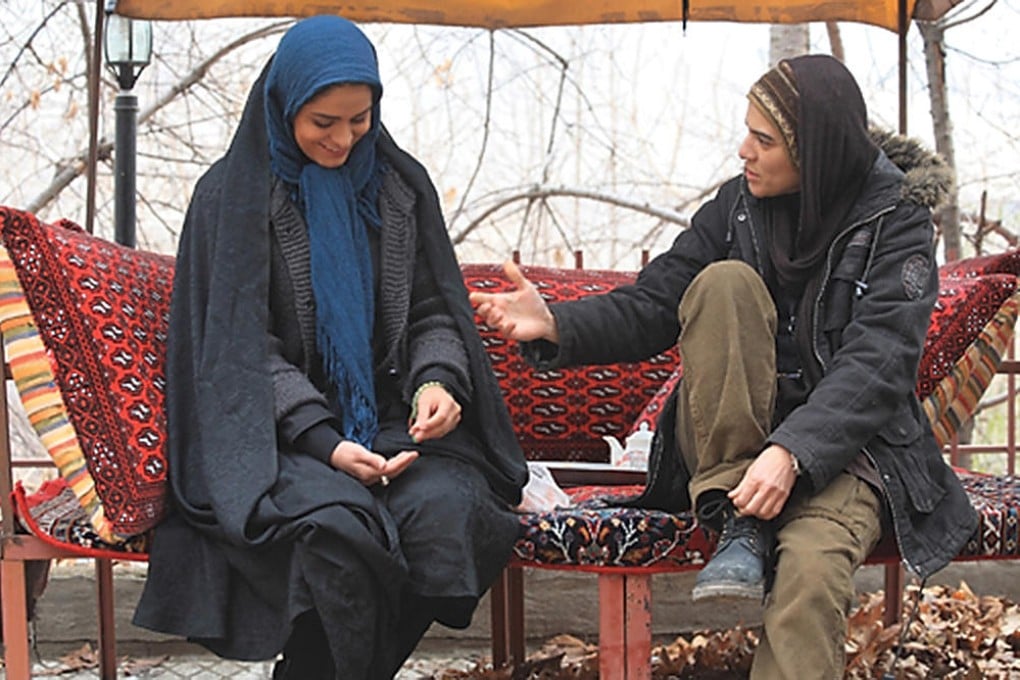
At a 2007 appearance at Columbia University in New York, Iranian President Mahmoud Ahmadinejad stated that "in Iran, we don't have homosexuals". In contrast, at the conclusion of 2011 Iranian drama Facing Mirrors, words credited to its producer and co-writer, Fereshteh Taerpour, that appear on the screen include the line that "according to unofficial statistics, one in every 200,000 children in Iran is born a transgender [person]".
Even more startling may be the realisation that while homosexuality is banned in Iran, transsexuality has been legal there since 1987. And in the wake of the late Ayatollah Ruhollah Khomeini, spiritual leader of the 1979 Islamic revolution, having issued a fatwa authorising individuals to change their sex, Iran has carried out more sex change operations than any country apart from Thailand since 2008.
But, as Facing Mirrors shows, socio-cultural acceptance is still not widely forthcoming. For, as the film's transgender character Adineh (portrayed by the remarkable Shayesteh Irani) tells her unlikely new friend, Rana (Ghazal Shakeri): "The problem is not the operation. It's the life after it."
At Frameline 36 - the San Francisco International LGBT Film Festival where Facing Mirrors won the best film feature award - director and co-writer Negar Azarbayjani described her character-driven offering as "basically the story of two different women". While on the run from her family, who want to marry her off to her cousin, the thoroughly modern Adineh - who wants to be Eddie - gets in a taxi driven by Rana, a traditional Iranian woman who is trying to provide for her family while her husband is in jail.
The film is infused with much admirable humanity, including how Rana comes to describe Eddie in a nutshell to the latter's father: "She's a human, and a good one."
Facing Mirrors, today, 7.40pm, Nov 30, 7.50pm, Broadway The One. Part of the Hong Kong Lesbian & Gay Film Festival